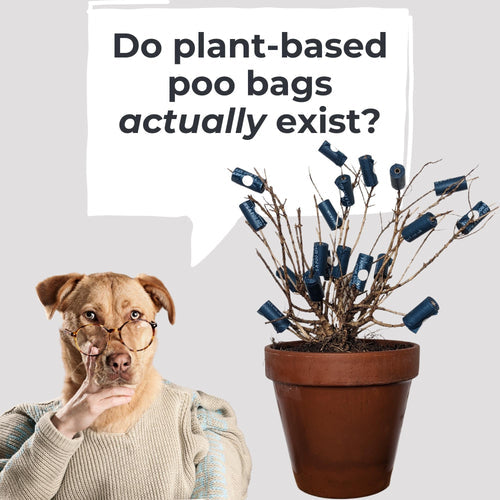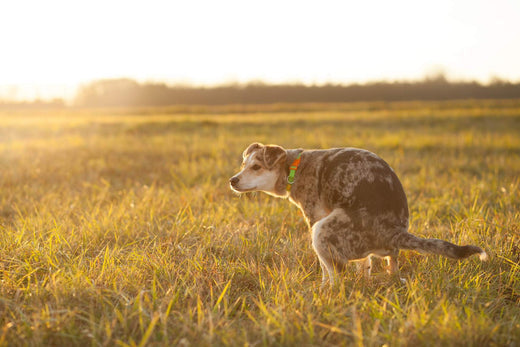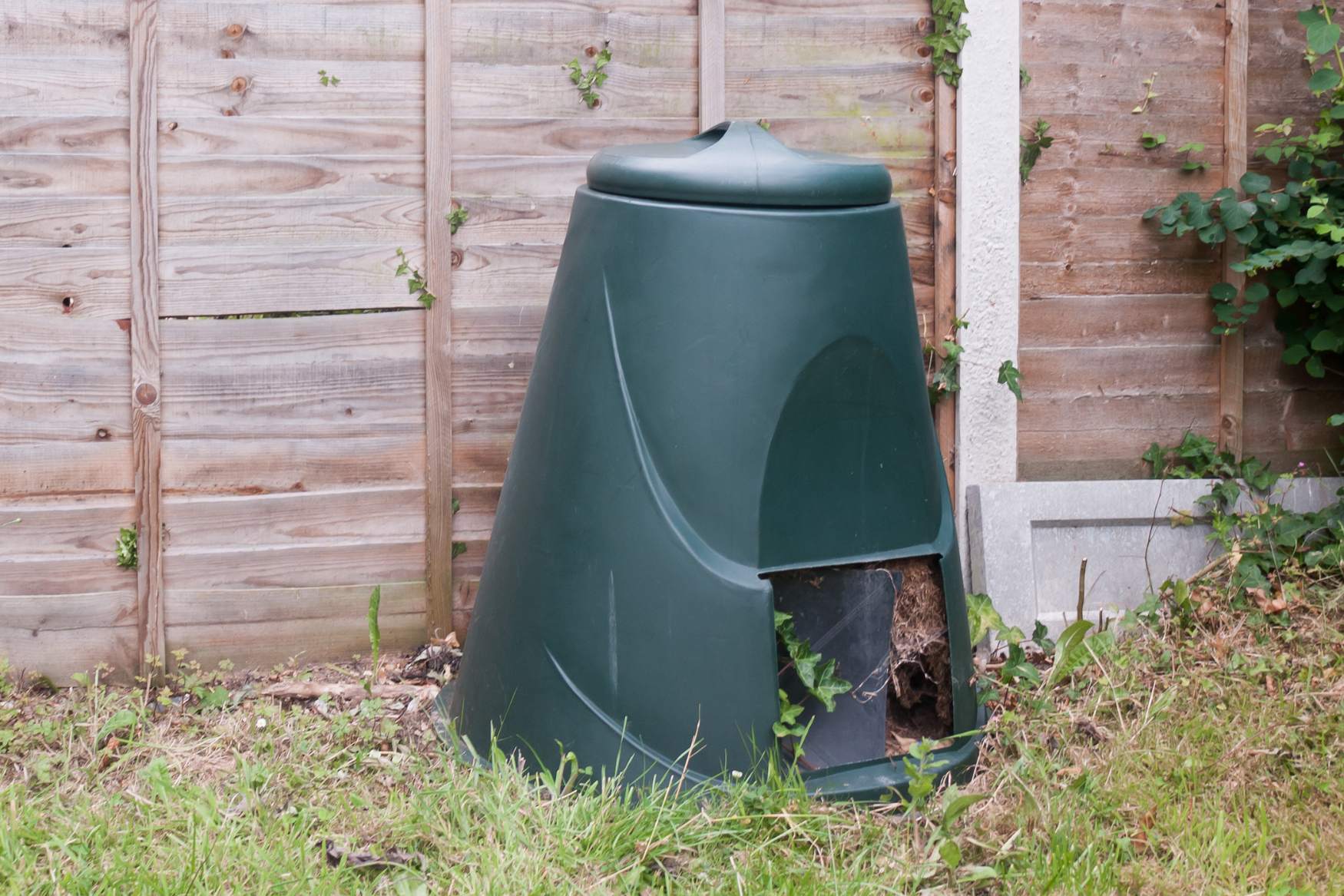Are "plant-based" or "cornstarch" poop bags eco-friendly?
Intuitively, most of us would answer, "yes".
Pushed to answer why we think so, we'd say it's because they are "plastic-free" or "made of plants".
Sadly, that's the result of misleading marketing.
The real question is, "do they even exist?"
Here's the truth.
Plant-based and corn-starch poo bags are still PLASTIC.
Manufacturers claiming these bags are "plastic-free" either do not understand the fundamentals of what plastic is or are intentionally misleading with their marketing.
Plastic is a broad category of material.
Just like how there are different kinds of metals and textiles, there are many different kinds of plastic, regardless of the raw materials that go into making them.
"Bioplastics" is the correct term for so called "plant-based" or "cornstarch" poo bags.
Plastics are characterised by their polymeric chemical structure and physical properties of "plasticity".
Any plant raw material would have been chemically changed on a molecular level, with other additives added (see below), to have a different structure altogether from its original form - a polymeric structure of plastic.
The reason a "cornstarch" poo bag can perform the same function and have similar attributes to a conventional plastic poo bag is because... you guessed it, they are both plastic.
Therefore, without the specific required conditions to biodegrade (in compost), these bioplastics behave like regular plastics and also contribute to microplastics after disposal.
Plant-based and corn-starch poo bags still rely on fossil fuels.
Yes, there can be environmental benefits to using renewable resources such as plants to make plastics instead of finite fossil fuels.
However, "plant-based" and "cornstarch" poop bags available today contain three primary materials:
- Polybutylene Adipate Terephthalate (PBAT) 60-80%
- Polylactic acid (PLA) 5-10%
- Cornstarch 15-30%
PBAT, the bulk of these bags, while biodegradable, is fossil-fuel derived.
Manufacturers often shout about the "cornstarch", leading people to believe these bags are 100% cornstarch or 100% plant-based.
Cornstarch does not necessarily mean sustainable either.
Agricultural practices to grow the crops demand huge amounts of land and water, contributing to deforestation and resource depletion.
Heavy machinery and pesticide use also have a large environmental footprint. Furthermore, using scarce resources to grow crops for poo bags directly competes with human food production at a time when world hunger is a pressing issue.
Summary
"Plant-based" and "corn-starch" poo bags on the market today are more accurately described as bioplastics and are in no way "plastic-free".
They can continue to be referred to as "plant-based" if you are happy to accept that a mere 15 - 30% plant material is enough the characterise the poo bag is "plant-based".















